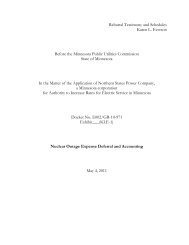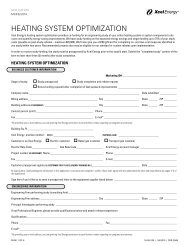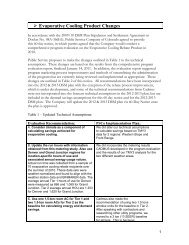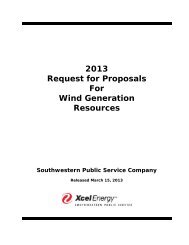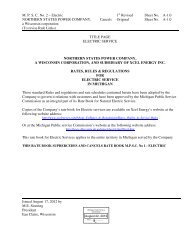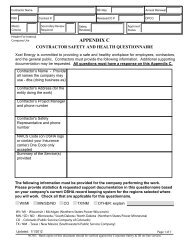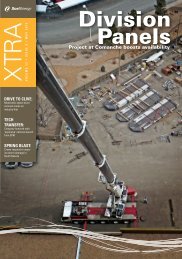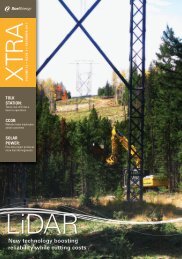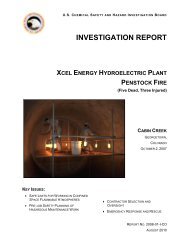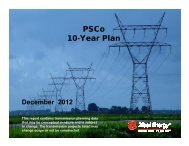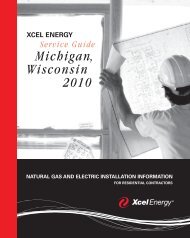Biomass Feasibility Project Final Report - Xcel Energy
Biomass Feasibility Project Final Report - Xcel Energy
Biomass Feasibility Project Final Report - Xcel Energy
You also want an ePaper? Increase the reach of your titles
YUMPU automatically turns print PDFs into web optimized ePapers that Google loves.
GOVERNMENT ECONOMIC DEVELOPMENT INCENTIVES FOR<br />
BIOMASS POWER PROJECTS<br />
Government incentives for renewable power generation are a moving target. The Minnesota<br />
State Legislature and the United States Congress currently are deliberating a flurry of bills<br />
encouraging all varieties of renewable energy. So any account of incentives must be updated<br />
frequently as some of those bills pass into law. Rather than provide only a snapshot of today’s<br />
programs, which will be superseded by tomorrow’s, we supply addresses of websites that will<br />
supply current information.<br />
Another reason to check with the agencies before planning a project around government<br />
programs is that some of those programs which look good on paper have no funding. That<br />
seems to be true especially of federal programs. They survive on the page in the hope that<br />
some day the Congress will see fit to replenish them.<br />
Most existing government incentives promote energy efficiency and conservation on the<br />
demand side, not renewable capacity on the supply side. Even when incentives are designed<br />
to encourage the production of renewable energy, they tend to focus on efforts by small<br />
communities, farms, private businesses and family households to generate power for internal<br />
consumption using small technologies like wind generators, photovoltaic and solar thermal<br />
panels, and anaerobic digesters. Few programs target biomass plants large enough to export<br />
power to the grid.<br />
In the aggregate, local initiatives and small technologies can make valuable contributions to<br />
our overall renewable energy portfolio. But since boilers, turbines and gasifiers are expensive,<br />
biomass plants generally operate at utility scale or else co-generate power as adjuncts of<br />
substantial manufacturing or processing enterprises.<br />
Aside from programs targeting renewable energy projects, however, there are many larger<br />
economic development programs that can help any kind of project, including biomass energy.<br />
Minnesota through the years has been in the forefront nationally in establishing agencies and<br />
programs to help businesses grow.<br />
Those programs can work well for co-generation, which probably will continue to be the<br />
dominant form of biomass project, because they tend to favor expansions by existing businesses<br />
rather than start-ups. Therefore we begin with a survey of generic economic development<br />
programs and follow that with a look at programs specifically aimed at renewable energy<br />
development.<br />
General-Purpose Economic Development Programs<br />
Though incentives designed specifically for large scale biomass power generation are few,<br />
developers of biomass plants can take advantage of many generic economic development<br />
programs. Fortunately for Minnesota biomass energy developers, one of the nations most<br />
powerful is available through the Minnesota Department of Trade and Economic Development<br />
(DEED). It’s commonly know as JOBZ<br />
Page 98<br />
Identifying Effective <strong>Biomass</strong> Strategies:<br />
Quantifying Minnesota’s Resources and Evaluating Future Opportunities



